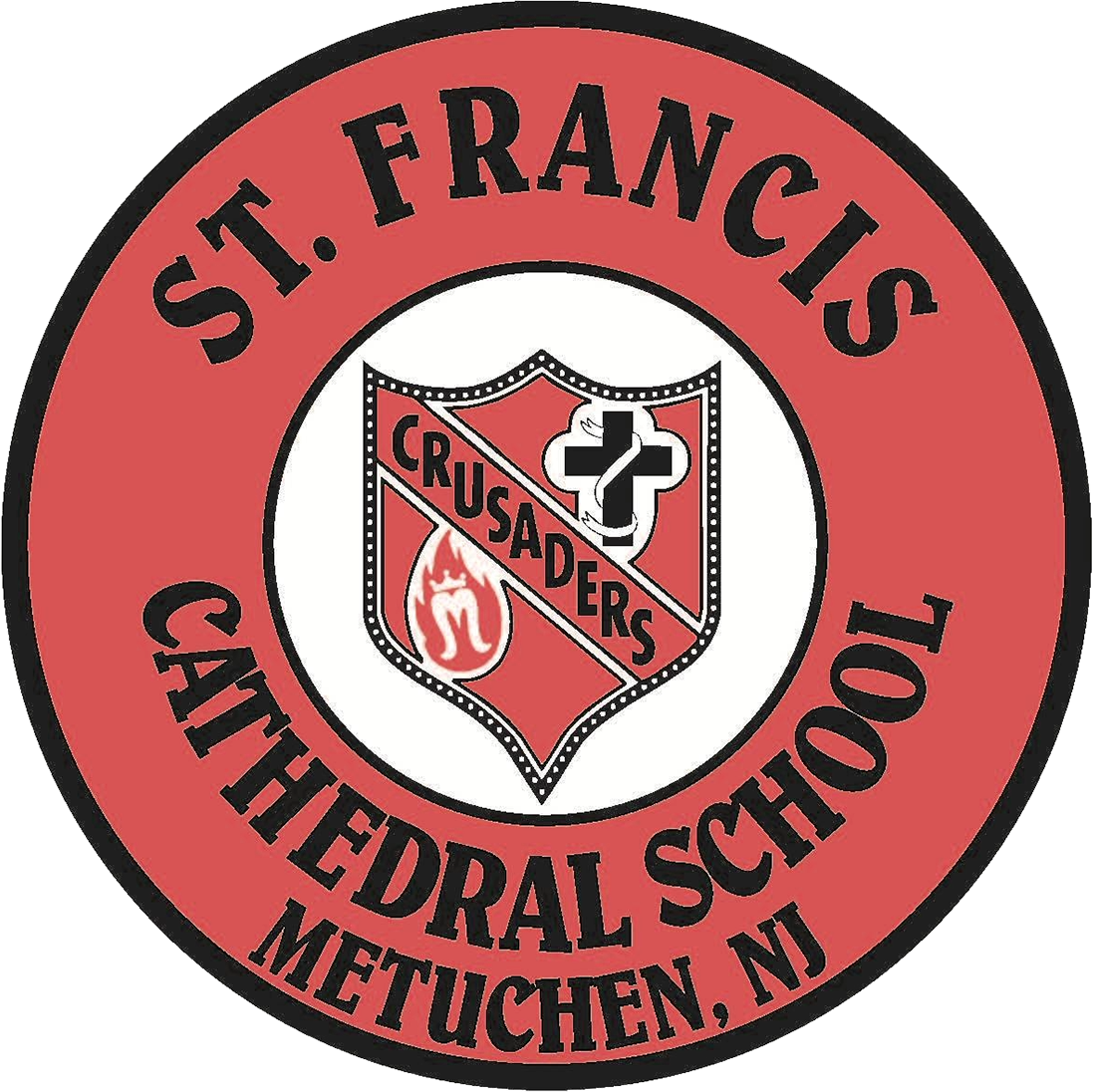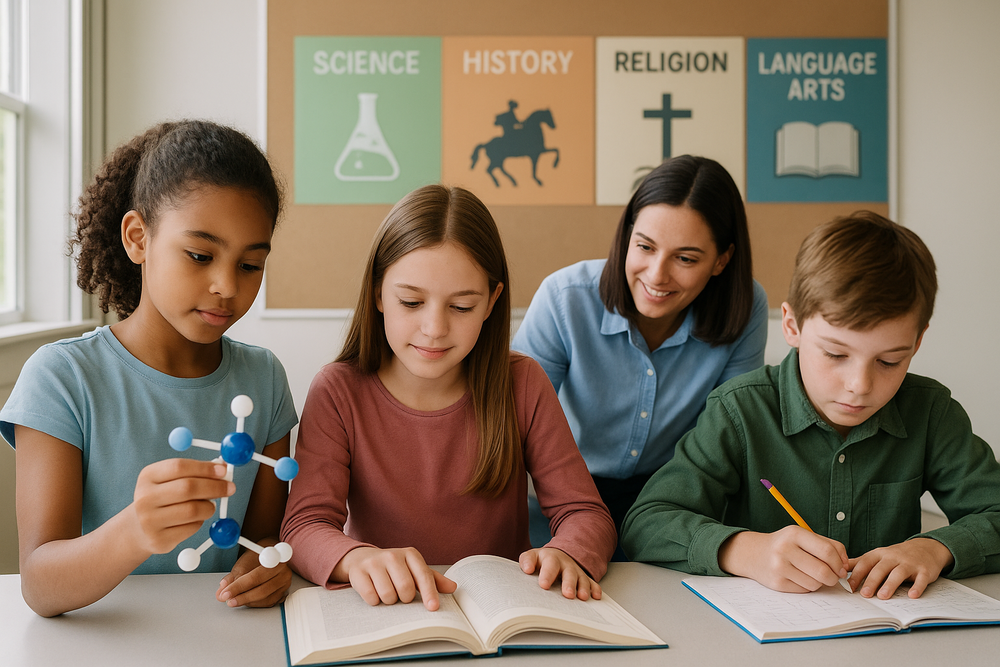We are all accustomed to teaching and learning several subjects in a school day. On the elementary level, those subjects include reading, writing, mathematics, social studies, science, religion, physical education, art, music, computers, library, and Spanish. In high school, we are given even more opportunities with subjects like physics, AP literature, and electives like robotics or forensics.
With so many opportunities to take various classes in one's educational career, it's easy to allow some subjects to be prioritized over others. In the elementary world, reading, writing, and mathematics are generally seen as the "essentials." And they certainly are! The skills learned in reading and writing are pervasive in all subject areas. You must learn how to read to read and understand what you're being asked in a math world problem. You must be able to express your thoughts coherently and logically in a college essay. Mathematics also helps with daily tasks like telling time or keeping a family budget.
Reading, writing, and mathematics are certainly important, but I'll submit that subjects like science, social studies, and religion are just as essential in one's ability to read, write, and do math!
The Harvard Graduate School of Education recently released an article titled "Building Background Knowledge in Science Improves Reading Comprehension." The Harvard Graduate School argues that subjects such as science allow students to learn not only content knowledge but can also help students with comprehension skills if taught by invoking one's curiosity and soliciting one's prior knowledge.
Science allows students to connect their experiences with new things learned. It allows students to think critically about their observations and discoveries, and discuss them with peers. It helps students make connections and apply newfound knowledge. In my professional experience and in my graduate studies, the findings of the Harvard Graduate School of Education in developing comprehension skills through science can also be said of good social studies and religion programs.
I am truly excited that we can invest in programs like FOSS for Science and Spirit of Truth for Religion, which help students think critically, make connections, make predictions, and develop their comprehension abilities. These skills improve a child's ability to read and talk about novels in language arts and comprehend multistep word problems in algebra.
On this special feast day of St. Francis of Assisi, our cathedral and school's patron, may we embrace his awe and wonder for our world created by God. A created world that scientists and theologians have explored, observed, and discovered.

